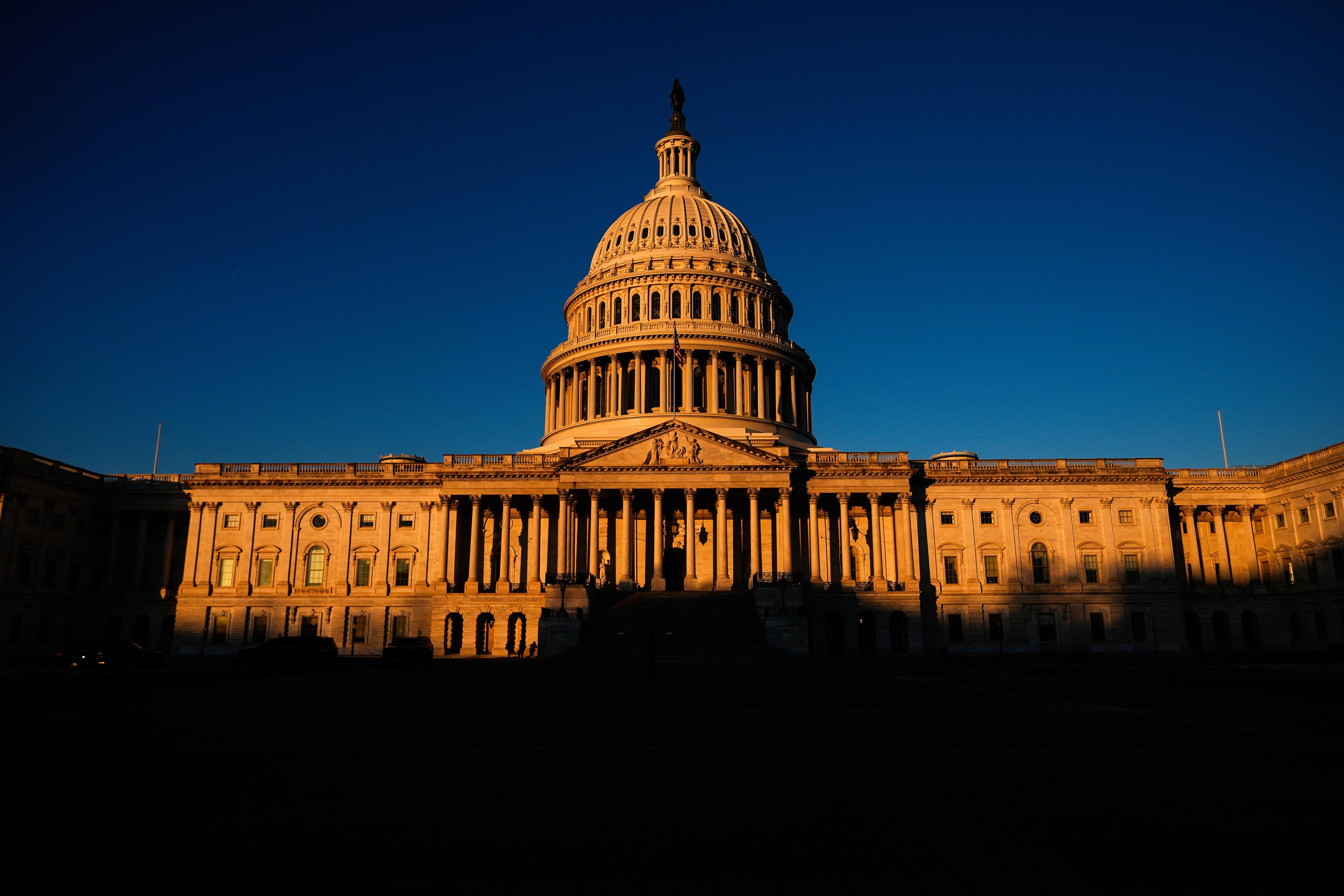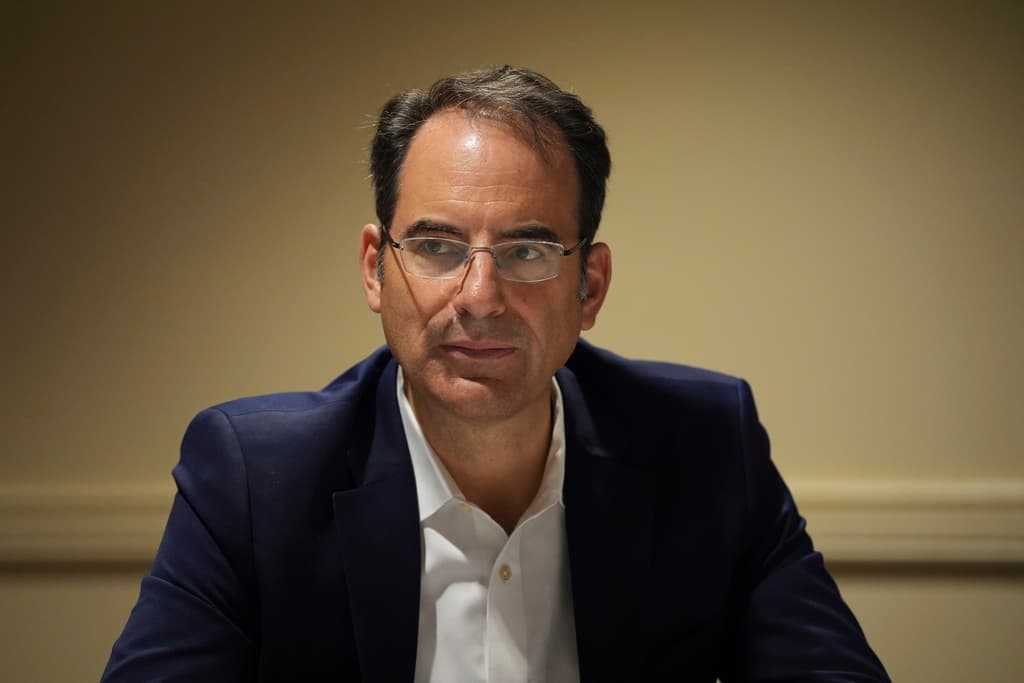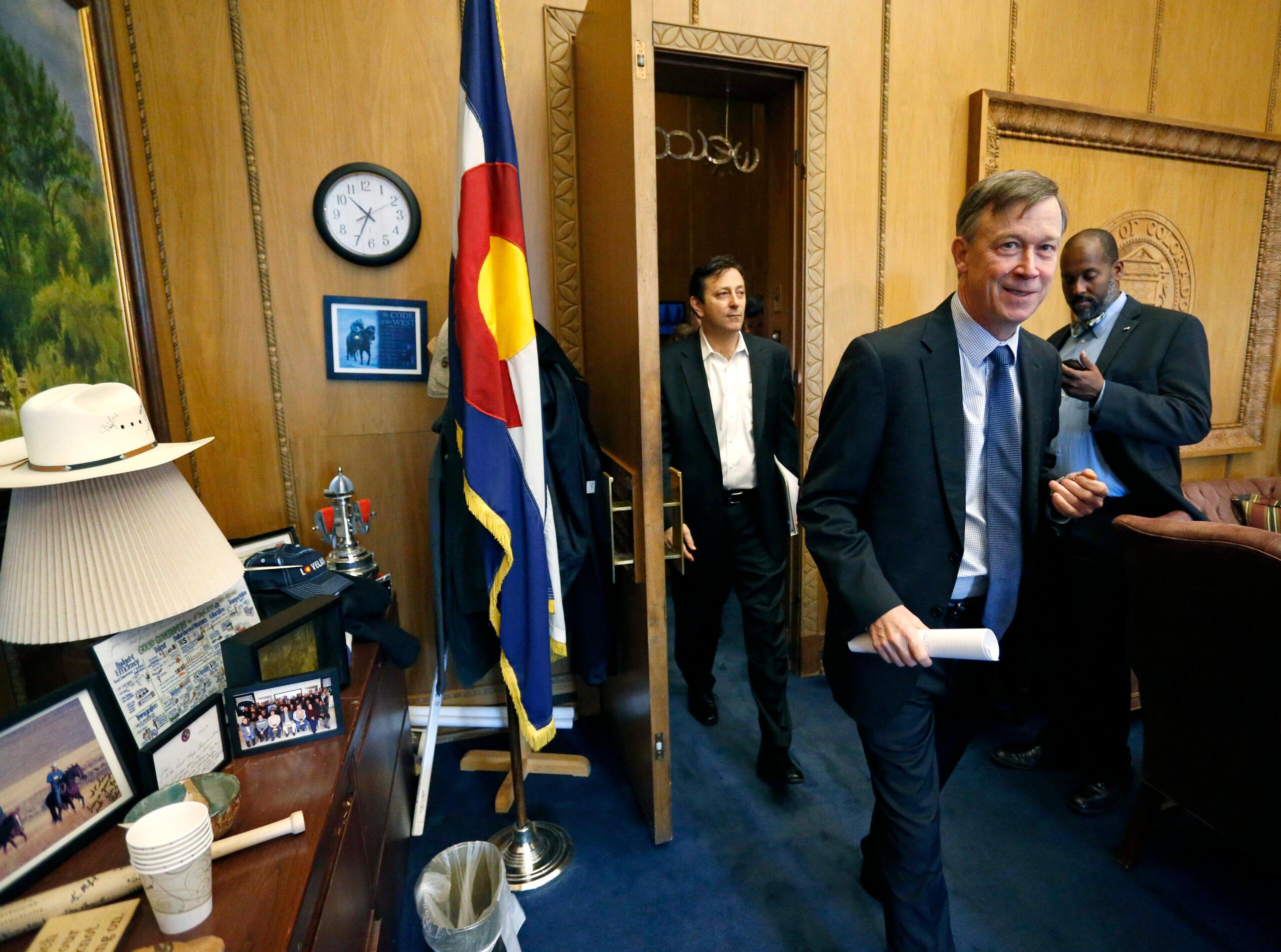
Editor’s Note: CPR News has spent months talking with teenagers, parents, doctors, advocates, researchers, political figures and others. We’ve looked through once-secret internal industry documents released by tobacco companies and listened to many hours of city and legislative debate. What we found is that the conversation about tobacco products, especially flavored ones like menthol, is not only about nicotine’s deadly effects or the impact on local economies. It’s about ethics, optics and equity.
Denver has updated its application for those who want to sit on one of the city's 130 boards and commissions — 700 of those seats are appointed by the mayor. The application now includes two questions:
- Are you a registered lobbyist?
- Would your professional activities pose a conflict of interest with your intended role on this board?
The change was a request from the city council to add transparency and accountability, particularly after some members thought there was not enough of those things when the former mayor appointed a high-profile lobbyist — whose clients included a giant tobacco company — to the board of Denver Health.
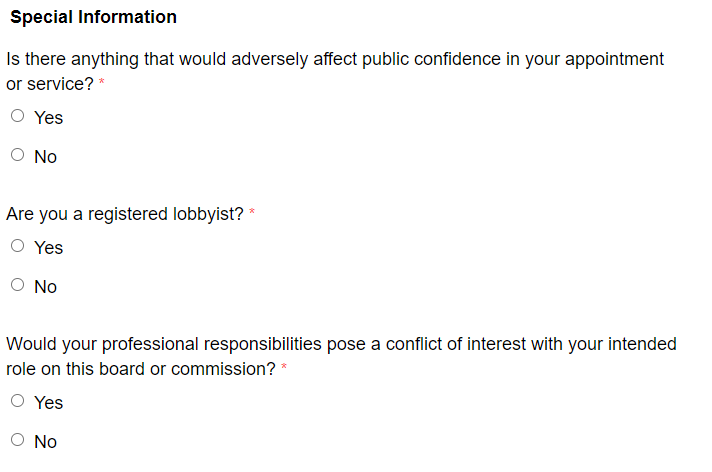
Former city attorney and now lobbyist Doug Friednash has sat on the board of the state’s flagship safety net hospital for more than a year after Michael Hancock, who was also a reference listed on Friednash’s application, appointed him.
The new Denver Mayor Mike Johnston is getting calls to revisit or rescind the pick, but the lobbyist and the hospital board are holding firm after another update, this time in the state’s lobbyist disclosure website.
Friednash’s filing lists a diverse portfolio of 19 clients, including Altria, Sports Betting Alliance, Vertex Pharmaceuticals, vape company Puffco, and Suncor Energy.
But as of Nov. 30, the entry for Altria, formerly Philip Morris, includes an end date, indicating that he no longer represents the tobacco giant, which has been investing billions in alternatives to traditional cigarettes, like vaping products, as rates of cigarette smoking fall.
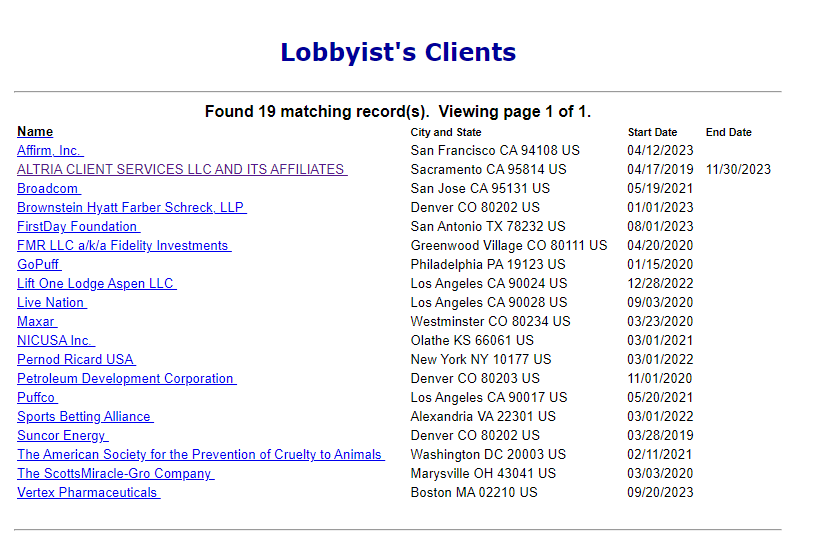
Friednash didn’t respond to emails requesting comment. But a spokesperson for his firm, Brownstein Hyatt Farber Schreck referred CPR to Denver Health.
In a statement, Denver Health’s board chair Pia Dean called Friednash, a “valued member of our board,” and said it has not taken up any tobacco-related issues or subjects since he’s been a member.
“Additionally, Mr. Friednash recently formally removed himself from the relationship with the tobacco-related company his firm represented,” the statement said, which did not name the company, his firm or explain what the change means.
His firm has lobbied for tobacco interests dating at least as far back as 1987. That’s according to the Truth Tobacco Industry Documents, an archive of 14 million documents released as part of a multi-state legal settlement. Friednash, who also lobbies for the city in Washington, D.C., is a shareholder or partner at the firm, meaning he shares in the profits and losses of the business.
Friednash was paid by Altria to lobby against a proposed ban on flavored tobacco in Denver, a policy actively supported by Denver Health, as well a similar measure in the state legislature. Both proposals failed. The measure in Denver died when Hancock issued just his second veto in 12 years in office.
A spokesperson for Brownstein confirmed “the firm represents Altria. Doug is not lobbying on behalf of Altria.”
That change on the state’s lobbyist disclosure came a day after community advocate Lisa Calderón and a grassroots Latino community group called Latinos United Neighbors Association, or LUNA, met with Johnston to give a multi-issue scorecard, which referenced Friednash’s seat on the Denver Health board.
Hancock passed over other applicants to make the move, which she said was based on Friednash’s friendship with Hancock, not his qualifications.
“The reality is he took a seat from a doctor, from a nurse, from a Latino advocate who's been working on issues of COVID response,” she said. “He doesn't deserve it. And we want to see that type of cronyism stop.”
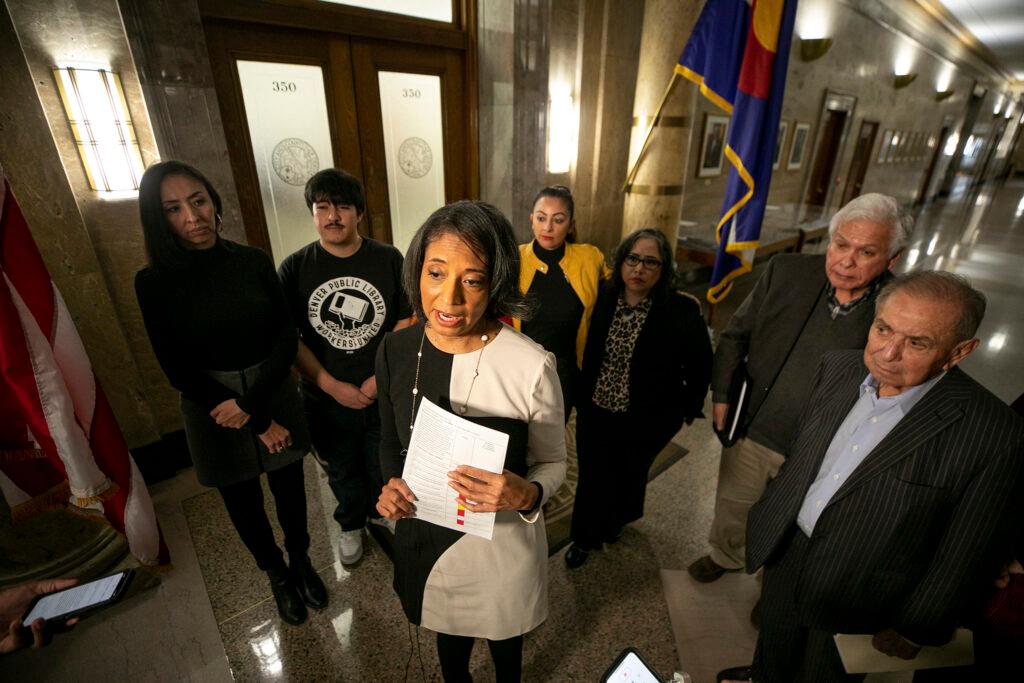
Johnston told reporters after the meeting with LUNA that his team is looking at all the boards and commissions.
“I had not heard that concern before,” he said, “so that's a new question here that hadn't been on our previous conversations.”
The issue carries significant meaning for Calderón, who narrowly finished third in the mayor’s race, and later endorsed Johnston. She initially called for Friednash to resign this summer.
Calderón once ran the city’s reentry programs, rehabilitating inmates. Incarcerated people have very high smoking rates. So she said they offered a course on tobacco cessation, with information about how the industry targeted Black and Latino communities, “that it wasn't an accident, that this was a deliberate effort to sell a product that was harmful to them.”
Calderón identifies as Afro-Latina. She said the hospital, which cares for a quarter of Denver’s population annually and a third of metro-area children, served her and her family when she was growing up.
“And those are the same folks who are the consumers of Denver Health Services,” said Calderón. “I just find it unfathomable and I don't believe them when they say there was no conflict.”
Hancock defended the move and said that it was not a conflict. So did Denver Health’s board chair.
When asked about Friednash now stepping away from lobbying for Altria, Calderón said it’s not enough.
"'Formally removing himself’ doesn't remove his years of enabling big tobacco's pipeline of harmful products directly into our communities, especially younger generations,” she said. “Instead, the most responsible thing that he can do, considering the damage done to our communities, is to resign and allow his seat to go to a healthcare provider or community advocate who has the best interest of our people at heart.”
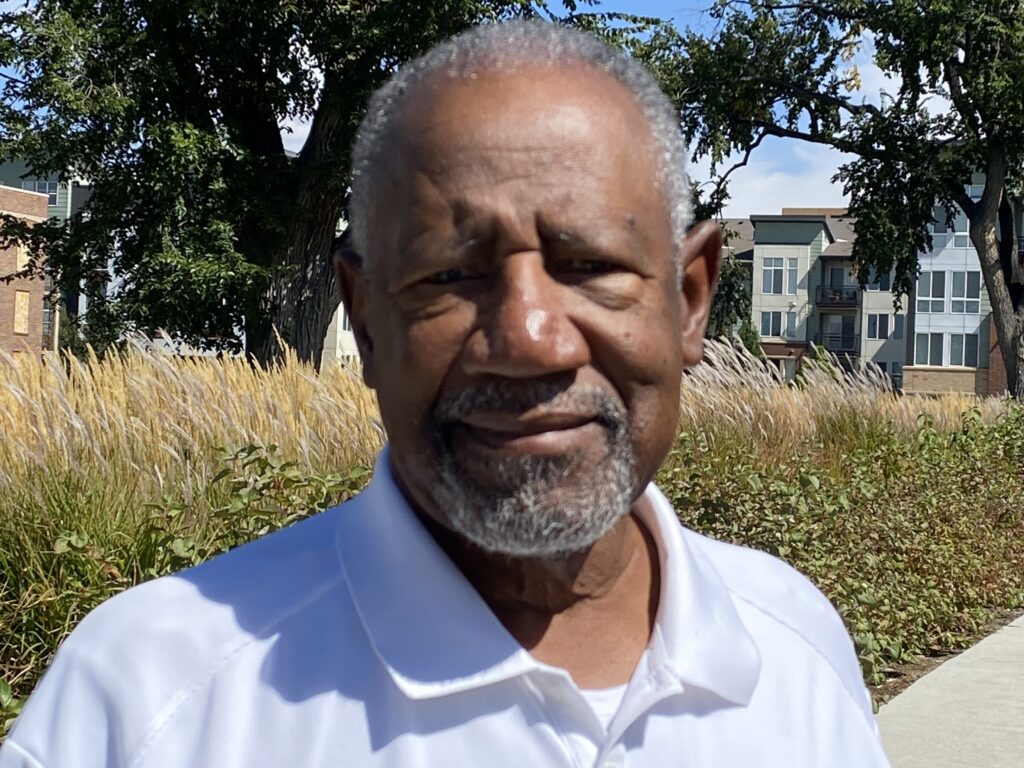
Calderón isn’t the only one to say they’re uncomfortable with a board seat being filled with a tobacco lobbyist.
Dr. Johnny Johnson is an OBGYN, a former member of the Denver Health board and president of the Mile High Medical Society. That’s the Colorado chapter of a national doctor’s group promoting the interests of physicians and patients of African descent.
Tobacco is the leading cause of preventable death, said Johnson, and the impact is acutely felt by Black Coloradans and Denverites.
Johnson said he’s baffled by the Friednash pick.
“He should be removed from the board or he should step down. But he cannot represent the Denver Health community being a lobbyist,” Johnson said, “and promoting cigarettes.”
Others expressing concern included employees of Denver Health, which in 2020 declared racism a public health crisis, committing itself “to addressing racism and the public health disparities caused by racism.”
“I don't think that this appointment is the most compatible with our mission,” said Paul Paratore, a pediatric clinical pharmacist, who works in pediatric and neonatal ICUs and in obstetrics. “I'm concerned just from the motivations and what his responsibility to the hospital and to Denver's public health is in general.”
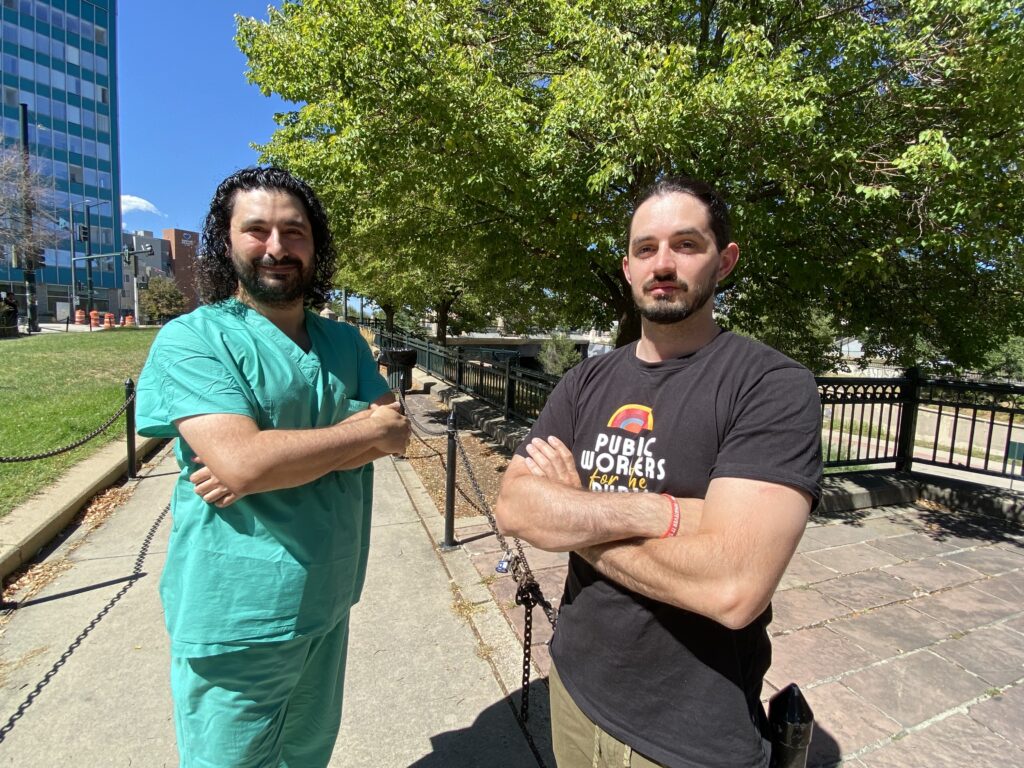
Those thoughts were echoed by Daniel Grosso, a certified nurse aide, working in the surgical ICU.
Grosso said Denver Health as an institution is all-in on tobacco cessation and prevention, with a smoke-free campus and online yearly education “promoting smoke-free lifestyles as much as possible.”
So to have a lobbyist who has represented tobacco “on our board, it seems kind of antithetical,” he said.
Related coverage
We’re publishing a series about tobacco in Colorado. Here’s why
How the tobacco industry made it cool to smoke in Colorado’s communities of color
Tobacco and vaping rates are falling but products are still easy for teens to get their hands on

